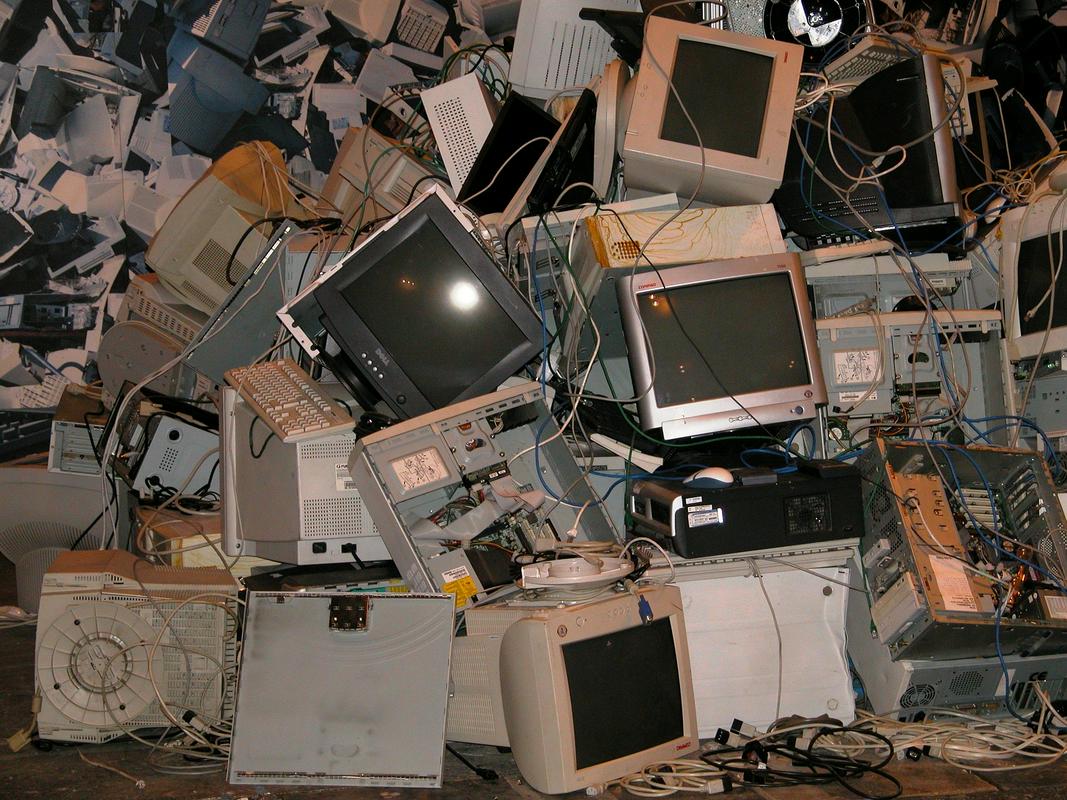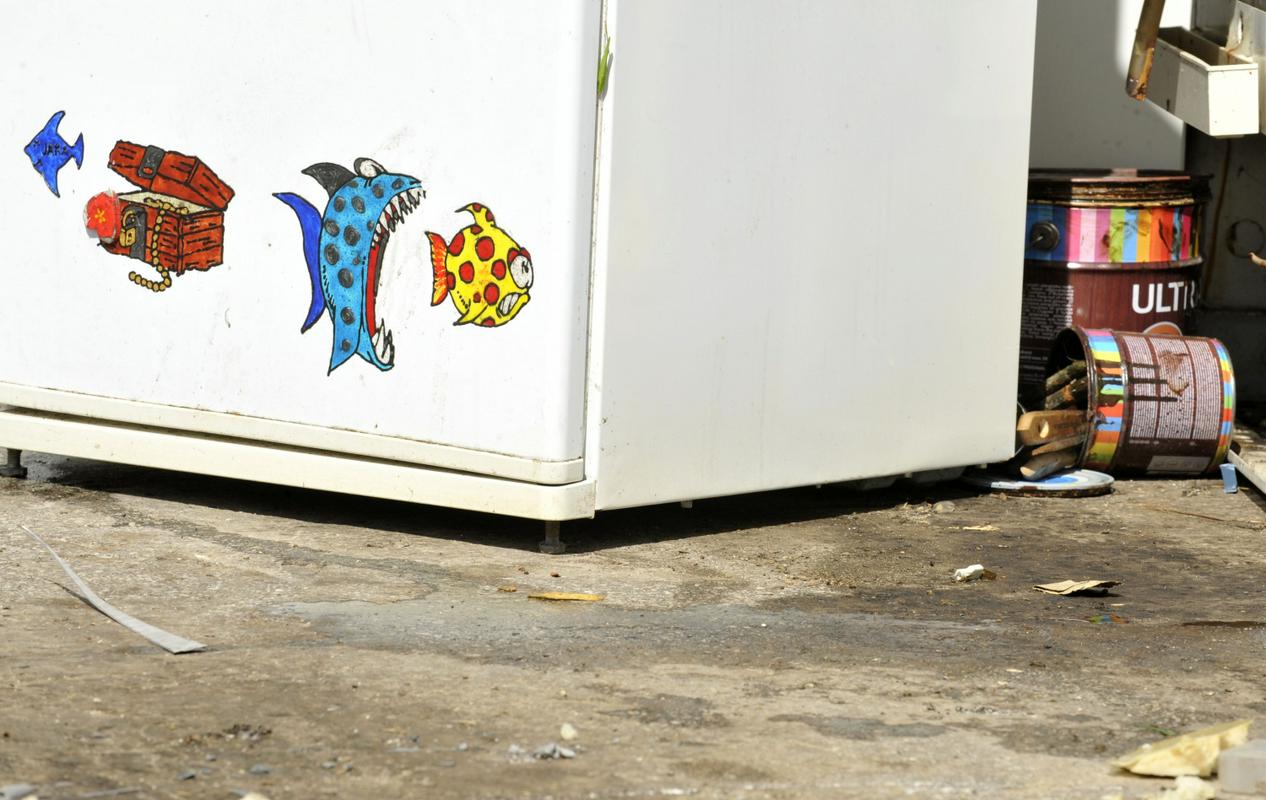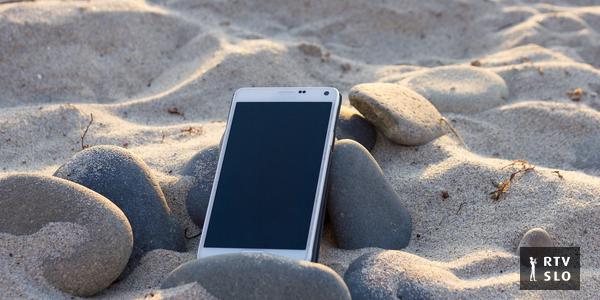EU: Enough disposable electronic devices! They must be durable and repairable.
The covida-19 pandemic has severely affected the daily lives of most Europeans. Due to the isolation and interruption of mutual gatherings as well as due to a possible school from home or work from home, the vast majority depends on their electronic devices.
However, many were confused if their electronic devices broke down or thus ceased to function properly. It has happened several times that both the purchase and the services would not have been possible due to the ban on the sale of non-essential goods and services. The solution was distance purchases, but due to the workload of retailers and delivery services, this meant waiting at least a few days for the shipment, if not weekly.
The lifespans of electronic devices in particular are so short, as they are designed above for single use and soon become ripe for waste because software upgrades are not possible, or their repair is only possible at authorized service centers and is many times more expensive than buying new devices.
Calls for electronic devices to be made permanent so that they can operate for many years and will have to be repaired in the event of major breakdowns, so that they have been heard in Brussels as well. At the end of last November, MEPs adopted a resolution on a better sustainable single market,
with which it seeks to promote re-use and to repair and take action against shortening the life of products.
They thus called on the European Commission to enable customers to make repairs that should become more cost-effective, more systematic and cost-effective, either by extending warranties, guaranteeing spare parts or better access to repair and maintenance information.
Among the goals of the resolutions is to support trade in second-hand goods, and they also called for measures against the short life expectancy of products and, again, for the introduction of a system of single chargers for electronic devices in order to contain electronic waste.

The European Parliament has also called for the introduction of a labeling system for producers according to their lifespan (eg the use of harmful data and clear information on projected life benefits).
The initiatives and wishes of MEPs should also be supported by the Member States or The European Council, and in particular the European Commission, which in 2019 published the European Green Agreement, the key objective of which is a climate-neutral EU by 2050.
European Commission Green Plans
Last March, the European Commission adopted a new action plan for the circular economy, which it said is one of the main building blocks of the European green agreement. The plan is very ambitious, as the EU aims to ensure that products on the EU market are designed to last longer and be reused, repaired and recycled, and that recycled raw materials are included as much as possible. However, the destruction of unsold non-perishable goods is prohibited.

France is overtaking the EU
There have been calls in the EU for some time for action against technology giants, especially mobile device manufacturers such as Samsung, Huawei and Apple, to design smart devices that can be easily disassembled and repaired. While the EU is still in the theory phase, France has introduced mandatory markings from the beginning of the year, with which all smartphones, laptops, televisions, washing machines and electric lawnmowers sold in France have a mark that can be corrected.
France classifies products on the basis of: disassembly problems, including the tools required and what holds the thing together (glue, screws …); how easy it is to get spare parts; repair prices … The aforementioned French legislation also includes the promotion of used spare parts, information on the duration of software updates and a repair fund that contribute to the cost of repairs.
In the spring, the Slovenian government presented the citizens with tourist vouchers, with which they wanted to help Slovenian tourism. France, for example, has decided to pay every citizen 50 EUR for the repair of bicycles, which would increase the use of such means of transport during the pandemic.
Consumer organizations: Devices need to work longer
“The right to repair is not the solution. Consumer organizations are committed to having products that are provided for longer life, “He emphasizes Boštjan Okorn from Slovenian Consumers’ Associations (ZPS). Electronic and electrical products now also have a slightly smaller warranty in Slovenia, so they can be added further. Today, you get complicated when the product ends up in repair due to a defect. The legal deadline for repair is 45 days, but a product that is poorly manufactured can be deleted several times. This means that it can no longer be used by the customer during the repair, which can be extended due to poor quality quality. If the products were for a longer period of use, these problems would not exist.
Especially problematic mobile phones. Some manufacturers, such as Apple, even try to obstruct repairs at unauthorized service centers. Mobile devices are designed so that users no longer replace defective batteries, and there are still many made on the market that have outdated software for which manufacturers no longer allow upgrades.
Consumer habits are also to blame
Consumers want longer lasting products and believe that their devices tend to break down much sooner than they should. Also, some appliances simply cannot be repaired.
Today, even devices are not used as long as they could because customers abandon them and change them for new versions, among other things, find in the consumer organization: “Think of a washing machine that won’t start, a refrigerator that leaks soon after purchase, a working phone that ends up in a drawer because it offers you a new or broken coffee machine with no spare parts.”
Manufacturers and buyers need to send them to contact the products available. In the EU, refrigerators, computers, printers and coffee machines are completed with the fastest growing waste, increasing by two percent a year. Early product replacement puts a strain on budget customers and natural resources, leading to excessive materials used to make new products that are the opposite.
What about the priorities of consumer organizations?
“We strive to guarantee manufacturers a certain period of product durability (for example, 10 years, the proposal is a minimum of two years) and to take responsibility for any defects and errors during this period. Proof that something is wrong with the product should go with the buyer to the manufacturers at least in the first year (it is now half a year), “says Okorn.
According to consumer organizations, we should also consider software, separating printing, which is necessary for the operation of alicode devices (firmware) from the user interface. Manufacturers should take care of security upgrades for a certain period of time, so they should be able to choose whether they also want a (functional) user interface upgrade.
One of the important segments is the so-called circular economy. While in the first phase it was desirable that the devices could be used by recycling, in the second phase the devices with a decade-long operating environment went to the market for used devices, for example in cars.
“It is important to provide a system that is made with the surface of the second or even third life cycle – or just by the efficiency of the sales network of used products, repairing defective ones, refreshing them (restoration) or remanufacturing or processing (processing); in doing so, care must be taken to protect the customers of these products by seeing information that it is not a new product, as well as from the point of view of providing a guarantee of trouble-free operation., “Okorn predicts.
Both customers and the environment would benefit from more durable devices
The Association of German Consumer Organizations (VZBV) conducted a study that established the effect of prolonged use of televisions, smartphones, washing machines and laptops, and prepared that sustainable consumer products support large financial savings and can significantly contribute to various harmful greenhouse gases. input.
Prolonged use of the device, they found, would save almost four million tonnes of carbon dioxide equivalent (CO2e) a year in Germany, equivalent to more than two million cars.
The environment would not be the only one to benefit from longer-lasting products, as well as customers. In terms of power consumption and rigorous repairs, any customer could save up to € 242 on their smartphone if they used it for seven years. The average period of smartphone use is currently around two and a half years. Otherwise, a longer period of use of electronic devices, ten years instead of five, saves almost 300 euros. The current age of television is currently around seven years, although it has been 13 years in the past.
Corporations are hampered by unauthorized repairs
Apple actually claimed that Huseby was supposed to import “counterfeit“iPhone screens. Huseby denied this, stating that he simply used refurbished iPhone screens that were never advertised to the public as original parts.”
The Oslo District Court ruled in 2018 that Huseby did not infringe on Apple’s trademark because it never claimed to use unused original spare parts. The appellate court then ruled in 2019 that the imported screens were illegal copies. The case was later submitted to the Supreme Court.
“This is a big win for companies like Apple that want to prevent small businesses like mine and control repair prices. They can claim that they will strictly replace the screen the same as when buying a new one, so the repair has no value. They prevent competition and create a monopoly, “says Huseby.
The refurbished screens, made in China, come from companies that are damaged by Apple’s high-quality genuine LCD screen, which removes broken glass and applies new glass to it. Usually, the rest of the assembly is the original or reused part, and the glass part is manufactured by a third party manufacturer.
Huseby said Apple uses the intellectual property law as “weapons“by displaying multiple logos in the QR code on each component of the screen, because it knows that the Chinese gray market will not suit a suitable repairer in other countries who are eagerly enforcing the intellectual last. This would be created sort of.”rule for“for service technicians who want to import affordable refurbished parts from China. Apple can then ask the customs authorities in those countries to seize the refurbished shipments.
The replacement of the screen on iPhones is, as stated, assessed in Norway at authorized services during 185 v 255 euros, and Huseby is to repair the computer 75 euros.
Huseby continued the lawsuit in the Supreme Court, while other companies in the same situation gave in to Apple to avoid trial and prior legal costs.
It was supported by around € 10,000 in donations coming from Norway, Europe and the rest of the world. After paying appeal fees, he is now facing severe financial repercussions that include the latest legal teams and € 23,000 in damages to Apple.



